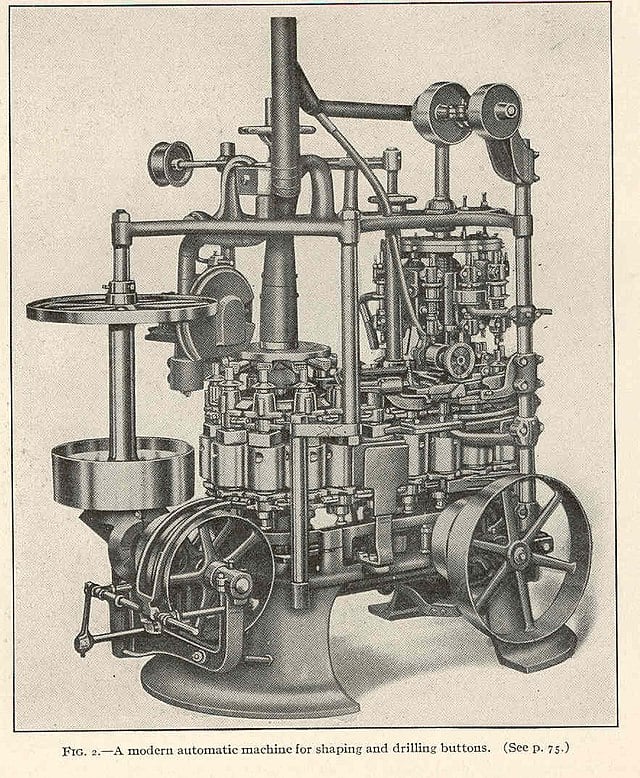Washington, Hamilton, Madison: “Religion is okay, but keep it at arm’s length from the government.”
Franklin, Jefferson, John Adams: “Religion is pretty not-okay, keep it at arm’s length from the government.”
Jay: “No Catholics”
Thomas Paine: “Fuck all 'yall, I’m going to France where I don’t have to put up with any of this bullshit.”
To adapt an old Soviet joke…
Three men are sitting in prison awaiting Madame Guillotine. One says to the other, “I’m sentenced for supporting Thomas Paine. What about you?”
“I’m sentenced for opposing Thomas Paine.” They both turn to the third man and ask what he’s going to be executed for.
Thomas Paine sighs.
The separation of church and state was not only to keep your religion out of politics, but also to keep politics out of your religion.
Congress shall make no law respecting an establishment of religion, or prohibiting the free exercise thereof; or abridging the freedom of speech, or of the press; or the right of the people peaceably to assemble, and to petition the Government for a redress of grievances.
1st ammendment of the US constitution
And today’s christian fundamentalists usually have not read the Bible, or, heaven forbid, understood the key messages, but want it to force on other people against their will. Which tells a lot of how little those fundamentalists have understood the Bible.
They don’t read the Bible, they just do whatever their pastor tells them.
Exactly. And the pastor would never try to teach about the more … problematic … parts of the Bible: Incest, robbery, murder, rape, and all of it in the name of God. Heck, confront them with a real text from the book, and they assume you are showing them a faked version intended to mock them or make their believe sound bad.
I was a fundamentalist. (Raised in it.)
I actually read the bible and studied it. No longer a Christian.
Funny how that works.
Thompson Chain Reference KJV represent.
It’s not just the Bible. But also the literal religious wars and genocides that Europe dealt with for hundreds of years. Those wars went to 1710. So they were very fresh in the minds of political thinkers.
Just a tiny push-back here: The political philosophy of the founding of America did depend on the 18th Enlightenment, but it also has roots in the 17th century Protestantism of the English Civil War.
Specifically ideals like “Equality before the State”, separation of Church and State, and universal (male) suffrage, have a direct through-line to anti-monarchist, anti-Catholic, radical Puritanism.
I’m no David Barton, but America didn’t fall out of a coconut tree.
But even (and especially) those religious founders influenced by the puritans saw the wisdom of the separation of church and state. They remembered when the religious English and Scottish states persecuted them.



